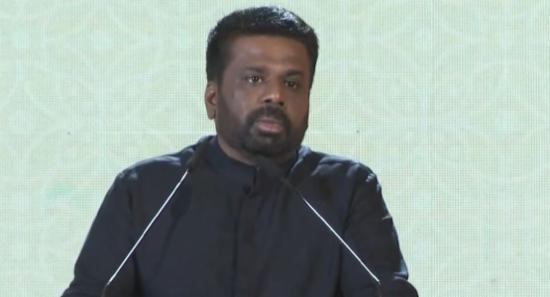.webp)
-781148.jpg)
Ceylon Chamber Of Commerce Applauds 2025 Budget
COLOMBO (News 1st); The Ceylon Chamber of Commerce has expressed strong support for the 2025 Budget, which aligns closely with its recommendations, discussions from the Sri Lanka Economic Summit, and the Vision 2030 goals.
The 2025 Budget focuses on stability, governance, public relief, tackling corruption, and driving inclusive growth.
The Budget emphasises infrastructure expansion through Public-Private Partnerships (PPPs) and digital economy initiatives, providing a strong foundation for transformation.
The Ceylon Chamber of Commerce said that it appreciates the government's recognition of the need to reform the Customs Ordinance and implement the National Single Window, both crucial for enhancing trade facilitation and improving the ease of doing business.
The planned implementation of the Economic Transformation Act with amendments and the introduction of legislation on PPPs are also welcomed.
The Chamber commends the government for maintaining policy consistency by retaining the existing tax framework and avoiding ad-hoc tax measures.
Adhering to the Public Financial Management Act, which caps primary expenditure at 13% of GDP, is seen as a positive step toward rebuilding investor confidence and strengthening Sri Lanka’s global credit standing. Ensuring tax stability and simplifying compliance will be crucial for fostering a competitive business environment.
The Chamber emphasizes that the bold reforms outlined in the budget require time-bound implementation to translate the vision into reality.
The Chamber also welcomes the plan to establish a holding company for State-Owned Enterprises (SOEs), aligning with global best practices to improve governance, financial discipline, and efficiency.
The Ceylon Chamber of Commerce said that the changes to the minimum wage for the private sector should be carried out through a consultative process, aligning with business sustainability and broader labor reforms that advocate for higher women’s economic participation and flexible work.
Other Articles
Featured News





.png )








-781110_550x300.jpg)

-779769_550x300.jpg)
-779763_550x300.jpg)
-779757_550x300.jpg)








.webp)






